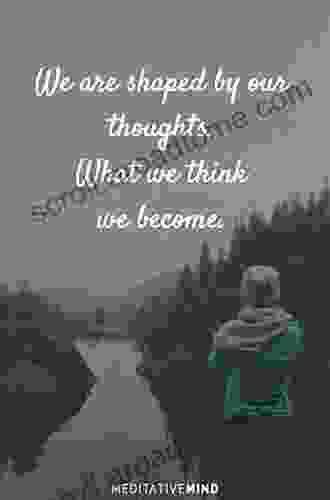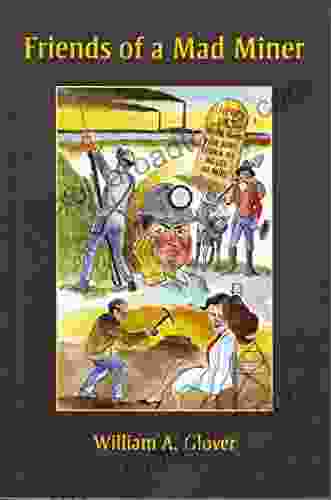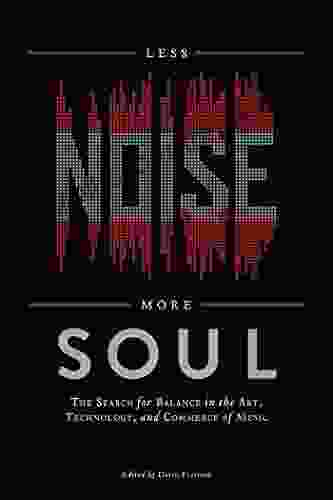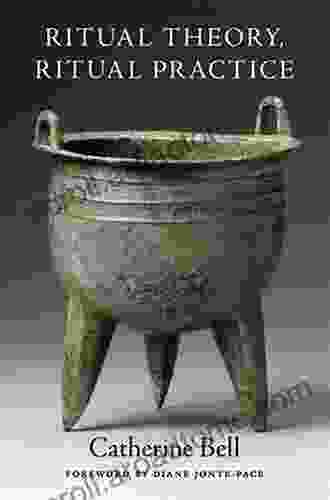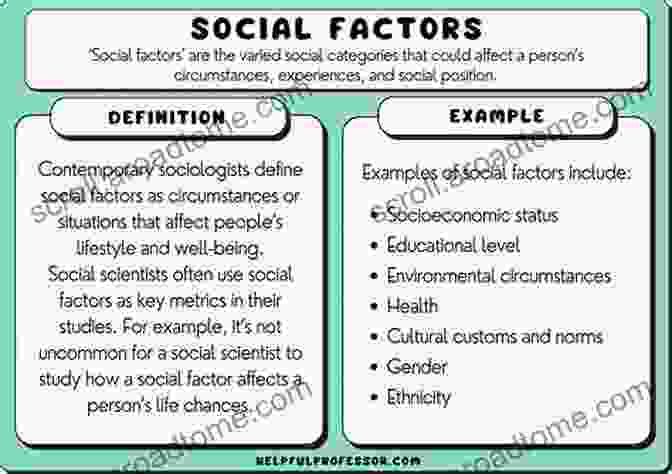
In the realm of human cognition, conspiracy beliefs hold a peculiar fascination. These entrenched convictions that unseen forces are secretly orchestrating events captivate our imaginations and challenge our understanding of reality. But how do such beliefs take hold and shape our perceptions of the world? In his captivating book, "Creating Conspiracy Beliefs: How Our Thoughts Are Shaped," renowned psychologist Neil Johnson delves into the intricate psychological and social mechanisms that underlie the formation and perpetuation of conspiracy theories.
The Allure of Conspiracy Theories
What draws individuals to embrace conspiracy beliefs? Johnson unveils several compelling factors that contribute to their allure. One such factor is the need for certainty and Free Download in a complex and often chaotic world. Conspiracy theories offer a simplified explanation for complex events, providing a sense of control and predictability. They also appeal to our human tendency to seek out patterns and connections, even when they are illusory.
Another potent factor in the formation of conspiracy beliefs is social identity. Johnson explains that belonging to a group that shares a particular belief system can enhance our sense of belonging and purpose. Conspiracy theories often foster a sense of community among those who embrace them, reinforcing their convictions and making them less susceptible to alternative perspectives.
The Psychology of Conspiracies
Beyond social influences, Johnson delves into the psychological mechanisms that drive the formation and persistence of conspiracy beliefs. He identifies several cognitive biases that contribute to our susceptibility to these theories. One such bias is confirmation bias, which leads us to selectively seek out information that confirms our existing beliefs while ignoring or discounting evidence that contradicts them.
Another significant psychological factor is affective reasoning, which involves relying on emotions rather than logic when making judgments. Conspiracy theories often tap into our fears, anxieties, and distrust, making them emotionally appealing even when they lack a factual basis.
Social and Cultural Influences
While psychological factors play a crucial role, Johnson also emphasizes the impact of social and cultural factors in shaping conspiracy beliefs. He discusses the role of media, both traditional and social, in disseminating and amplifying conspiracy theories. The rise of the internet and social media has created new avenues for the spread of misinformation and the formation of echo chambers where like-minded individuals reinforce their beliefs.
Moreover, Johnson examines the influence of cultural and historical contexts. In times of uncertainty, economic instability, or political turmoil, conspiracy theories often flourish as people seek alternative explanations for their difficulties.
Countering Conspiracy Beliefs
While conspiracy beliefs can be captivating, they can also lead to harmful consequences. Johnson discusses the risks associated with embraceing conspiracy theories, including decreased trust in institutions, social isolation, and even violence. He emphasizes the importance of critical thinking, media literacy, and open-mindedness in countering the spread of conspiracy theories.
Johnson proposes several evidence-based strategies for engaging with individuals who hold conspiracy beliefs. He advocates for a non-confrontational approach, focusing on building rapport and understanding rather than dismissing their beliefs outright. Education and critical thinking skills are also essential in promoting skepticism and encouraging individuals to question the claims they encounter.
In "Creating Conspiracy Beliefs: How Our Thoughts Are Shaped," Neil Johnson offers a comprehensive exploration into the psychological and social forces that drive the formation and perpetuation of conspiracy theories. He provides a nuanced understanding of the allure of such beliefs, the cognitive biases that contribute to their persistence, and the social and cultural factors that influence their spread.
Johnson's book is a valuable resource for anyone seeking to navigate the complex world of conspiracy beliefs. It empowers readers with the knowledge and tools to critically evaluate information, engage in constructive dialogue, and promote evidence-based decision-making. By understanding the mechanisms that shape our thoughts, we can become more resilient to the seductive allure of conspiracy theories and work towards fostering a more informed and rational public discourse.



